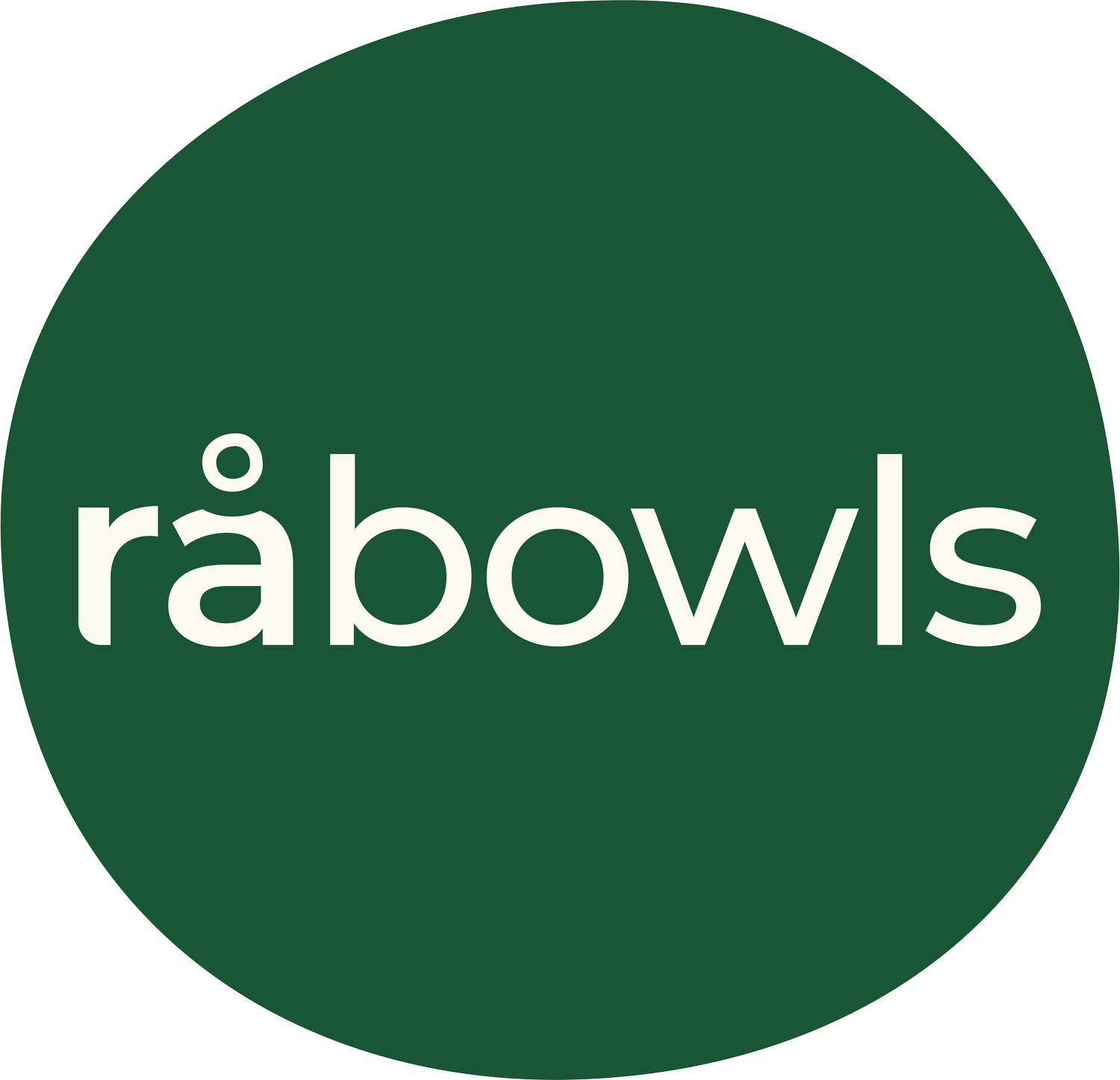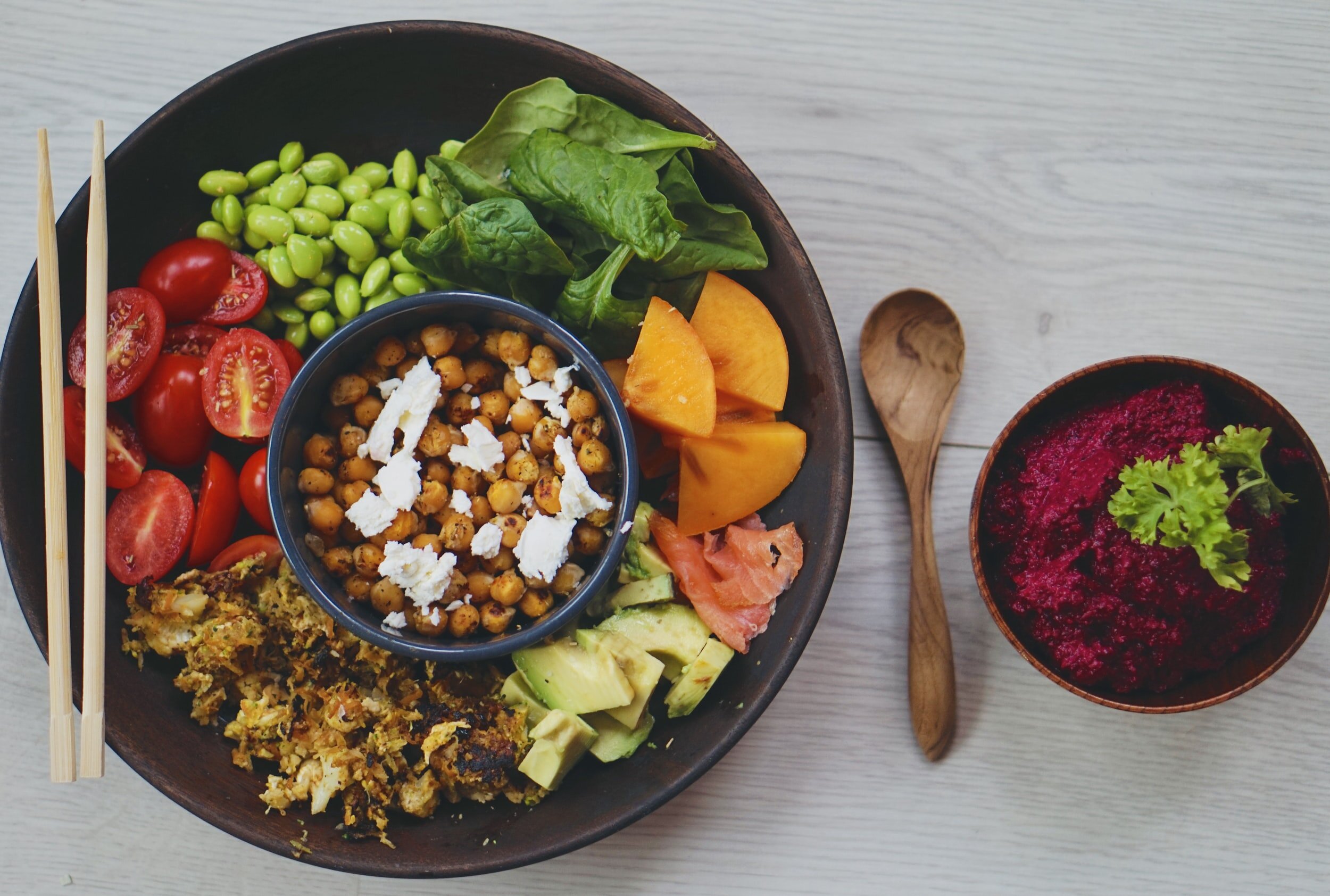why are so many turning plantbased?
plantbased. you hear it more and more. but what is it?
a plantbased diet, like the name reveals, is a diet consisting mainly of vegetables, grains, pulses, or other foods derived from plants, rather than animal products. the key word here is mainly. whereas vegan diets elimate all animal based products like meat, eggs, and, sometimes even honey, a plant based diet avoids animal based products and is centered around eating powerful plant products.
is it on the rise?
in numbers:
350%
Rise in the number of vegans in Britain from 2006-2016; 542,000 people said they were vegans in 2016.
168,000
Veganuary 2018 participants, of which 60% were under 35, up from 3,300 on its 2014 launch.
185%
Increase in vegan products launched in the UK between 2012 and 2016.
1944
The year the term vegan was coined by woodwork teacher Donald Watson. Rejected words include ‘dairyban’, ‘vitan’ and ‘benevore’.
20%
Percentage of under-35s who have tried a vegan diet.
plantbased is riding on a wave to getting into the mainstream. more and more People are curious about it and they’re finding out that plant-powered food is not just a boring salad, it’s experimental, it opens a new world of endless possibilities.
If you walk into a restaurant, it’s more possible than ever before that you’ll see items clearly marked with “ve;” and on your weekly shop, you’re likely to see several products marketed as plant-based or dairy-free.
If you asked for vegan food 20, 10, or even five years ago, you’d be met with surprise or even an eye-roll. Vegans were once stereotypically thought of as hippies, pictured sitting around eating nothing but lettuce in flower crowns. Fast forward to 2019, and times have changed. Times have really, really changed.
why are so many people turning plantbased?
with more and more of us are going vegan, a big question is why? according to research from the university of oxford, going vegan is the “single biggest way” to reduce your impact on the planet. and that is before you consider the ethical arguments against eating industrially farmed animals, which have an appalling quality of life and are often pumped full of powerful antibiotics that may pose a risk to human health. here are some of the top reasons people are turning vegan.
1 | health.
According to a study from earlier this year, nearly 114 million Americans are intending to eat more vegan food for health reasons. Research has linked the consumption of animal products with serious health conditions, including diabetes, heart disease, and cancer.
“We’re seeing increasing demand for plant-based products,” said Rosie Bambaji, a plant-based buyer at Sainsbury’s. “With the unstoppable rise of ‘flexitarianism’ in the UK, we are exploring further ways to make popular meat-free options more accessible.”
Eating three rashers of bacon a week could increase your risk of developing bowel cancer by 20 percent, according to one study. And consuming red meat, in general, could increase the risk of heart disease up to 1000 percent more than consuming solely plant-based foods.
Dairy has also been named as a carcinogen by some medical experts, including Kristi Funk, a Beverly Hills breast surgeon. Funk has treated a number of high profile patients, including Angelina Jolie, Sheryl Crow, and Ellen Pompeo.
And as for those who claim that “everything is ok in moderation, including meat,” Funk has a clear warning. “Why consume cancer-causing meats in moderation?” she asked. “So that maybe I can remove a moderate part of your breast?”
2 | ethics.
Largely thanks to documentaries — such as Dominion and Earthlings– awareness is growing around how billions of animals around the world are exploited for human gain. These films showcase the suffering that animals go through in the meat, dairy, and egg industries, but also for research, fashion, and entertainment. A study from last year revealed that seven out of ten believe that factory farming pigs is both upsetting and wrong and were particularly shocked by the use of gestation crates.
most meat comes from animals who are pumped with powerful antibiotics in megafarms to decrease pandemic diseases. it of course makes sense, when realizing that industrialized meat is grown in overcrowded factory farms. however, the world Health Organisation has warned, because of the serious risks to human health that result. The who reported on that in some countries, as much as 80% of antibiotic use is on farm animals. the use of such antibiotics in animals is leading to increased resistance even to last-resort medicines, to the despair of doctors.
3 | planet.
„our use of animals as a food-production technology has brought us to the verge of catastrophe. The greenhouse gas footprint of animal agriculture rivals that of every car, truck, bus, ship, airplane, and rocket ship combined. There is no pathway to achieve the Paris climate objectives without a massive decrease in the scale of animal agriculture.“
more and more people are rejecting industrialized meat to decrease their impact on the climate crisis. unep made a dramatic statement and labeled meat production and consumption as the world’s most urgent problem. wow.
A vegan diet is the most sustainable, effective way to combat climate change, according to a study analyzing diets with the lowest carbon footprint. the industry doesn’t only cause greenhouse gases, but also uses excessive amounts of land, water, and contributes to global acidification and eutrophication.
the arguments are compelling…
…we must decrease our industrialized meat consumption. the question, however, is not between vegan or not vegan. we strongly oppose the stigma surrounding this choice. but we can all start with eating a little less meat, and decrease our impact on our planet and increase the impact on our health.
and guess what? plantbased is definitely not boring. Scientists estimate that there are more than 400,000 species of plants on earth, at least half of which are edible for humans. there is choice enough!


